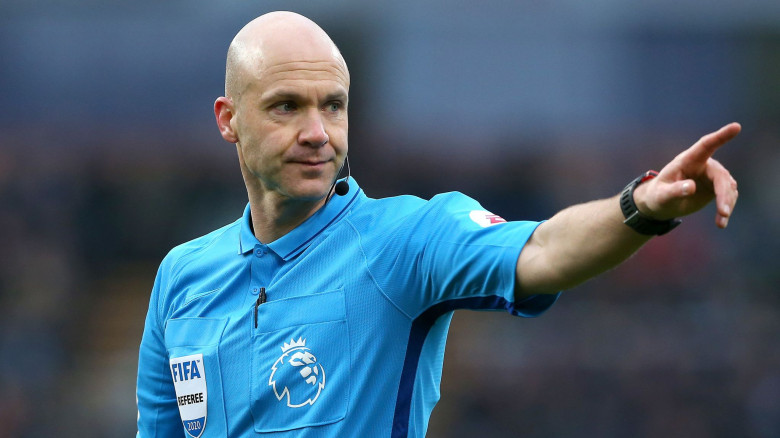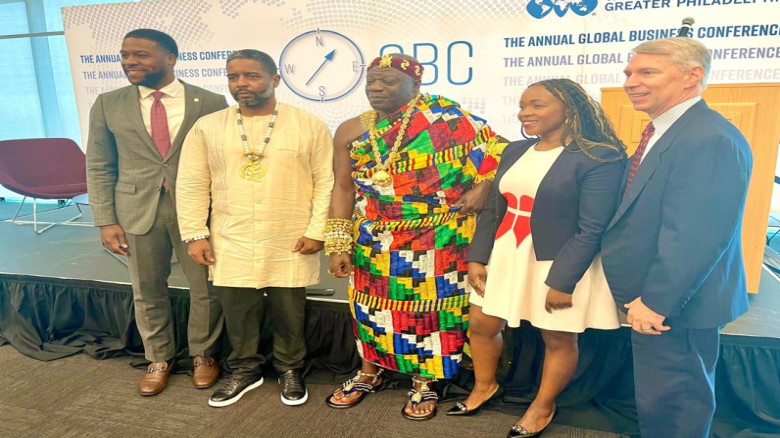2023 Mid-Year Budget Review: What to expect from Ofori-Atta
The Minister of Finance, Ken Ofori-Atta, in accordance with Section 28 of the Public Financial Management Act, 2016 (Act 921), is expected to president the Mid-Year Fiscal Policy Review of the Budget Statement and Economic Policy of the Government of Ghana for the 2023 Financial Year, today, Monday, 31st July 2023.
Ofori-Atta is expected to touch on a number of issues including the ongoing International Monetary Fund (IMF) bailout programme the Nana Addo Dankwa Akufo-Addo government is implementing.
Here are five issues Ofori-Atta is expected to touch:
Improving economic fundamentals
Ofori-Atta is expected to speak on the improving economic condition in the country.
The rapid depreciation of the Ghana cedi, hyperinflation rate and other worsening economic variables that was seen prior to the reading of the 2023 budget in November 2023 has somehow ameliorated.
Ofori-Atta is expected to announce an upward adjustment of the macroeconomic targets set for the 2023 fiscal year which include: overall Real GDP growth of 2.8 per cent; Non-Oil Real GDP growth of 3.0 per cent; End-December inflation rate of 18.9 per cent; Primary Balance on Commitment basis of a surplus of 0.7 per cent of GDP; and Gross International Reserves to cover not less than 3.3 months of imports.
Update on IMF bailout:
The finance minister is also expected to give an update on the $3 billion IMF bailout programme the Akufo-Addo government got in May 2023.
$600 million out of the $3 billion loan was disbursed on the day of the approval of the bailout and $350 million would be disbursed every six months for the three-year programme.
Ofori-Atta is expected to give up on whether the government is on course with meeting the condition for the next $350 million tranche of the bailout which is expected in November.
Here are some of the conditions supposedly enshrined in the $3 billion bailout agreement:
Removal of Value Added Tax (Vat) exemptions.
Reformation of the Corporate Income Tax (CIT) by phasing out tax holidays and exemptions.
Reducing Customs exemptions.
Increasing progressivity in personal income taxes – income taxes will be going up.
Automatically adjusting fuel levies by exchange rate movement and inflation.
Quarterly tariff adjustment including electricity and water tariffs.
A tax-to-GDP ratio of 18 per cent before the end of the three IMF programme.
Details Second domestic exchange programme:
The government has already announced a second domestic debt exchange programme seeking to restructure up to GH¢809 million worth of bonds.
The debt exchange programme would be for holders of dollar bonds and holders of COCOBOD’s short-term securities including Cocoa Bills and is part of the conditions for the IMF bailout.
The government, according to reports, through the Ministry of Finance has reached an agreement with commercial banks to restructure GH¢15 billion ($1.36 billion) of domestically issued U.S. dollar bonds and cocoa bills.
Ofori-Atta is expected to give members of the Parliament of Ghana more details on the second domestic exchange programme.
Tariff adjustments, new taxes, road tolls:
Despite warnings by industry players and experts, Ofori-Atta is expected to announce new taxes due to the conditionalities attached to the IMF programme.
Also, water and electricity tariffs are expected to see hikes due to the efforts by the government to increase revenue.
Ofori-Atta is also expected to announce the reintroduction of road tolls which were cancelled in 2021 with probably increased rates.
Zero financing by the Bank of Ghana
One of the main conditions of the IMF bailout programme is that the government stop borrowing from the central bank, the Bank of Ghana.
Ofori-Atta is also expected to announce that the government would not borrow from the central bank for the foreseeable future.
Other announcements Ofori-Atta is likely to make include: the government being able to employ only 0.5 per cent of the current labour force as well as a limit to the rate at which the government can increase the salaries of public sector workers.
ghanaweb.com











Leave A Comment